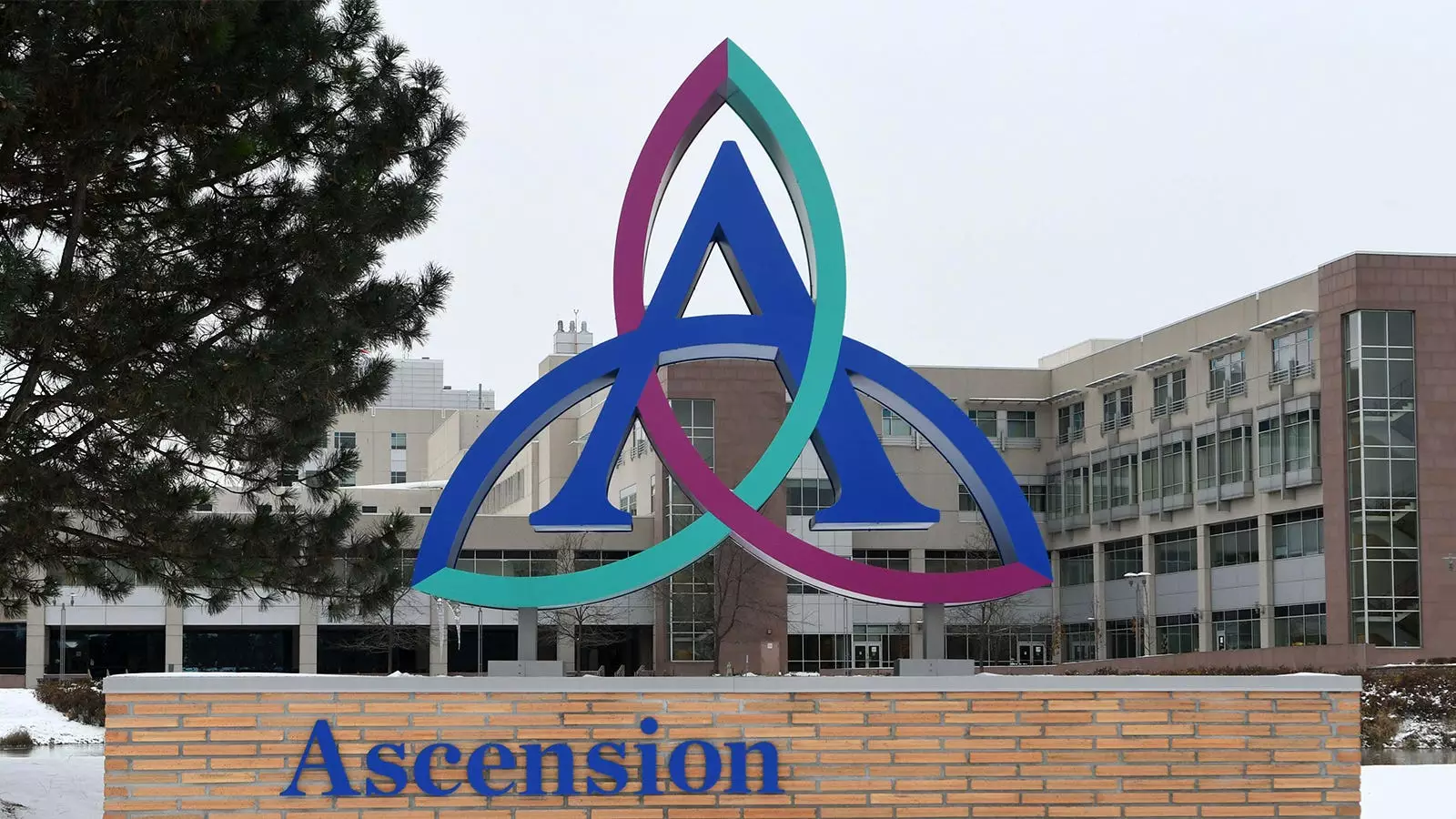The cyberattack on the Ascension health system wreaked havoc on its operations across 19 states in the U.S. Patients were left stranded, medical tests were postponed, and online access to patient records was blocked. This incident sheds light on the vulnerabilities within the healthcare sector when it comes to cybersecurity. The attack forced some of the 140 hospitals under the Ascension system to divert ambulances, creating a ripple effect of chaos.
Lack of Information
The Ascension health system officials were tight-lipped about the details of the cyberattack. While they acknowledged the presence of “unusual activity” on their computer network systems, they did not disclose whether it was a ransomware attack or if a ransom had been paid. This lack of transparency raises concerns about the extent of the breach and the potential risks to patient data.
The cyberattack had a direct impact on patient care, with electronic health record (EHR) systems and the MyChart patient communication system being taken offline. This left patients and healthcare providers in a state of disarray, unable to access critical medical information. The diversion of ambulances from multiple hospitals only added to the disruption in healthcare services.
Ransomware on the Rise
Cybersecurity experts have noted a significant increase in ransomware attacks in recent years, particularly in the healthcare sector. These attacks not only paralyze networks but also involve the theft of sensitive data, which is then used as leverage to extort payments. The threat of making stolen data public puts additional pressure on organizations to comply with hackers’ demands.
The Ascension cyberattack serves as a wake-up call for the healthcare industry to strengthen its cybersecurity measures. Taking systems offline to prevent the spread of ransomware may buy time but does not address the underlying vulnerabilities. Implementing multifactor authentication and transitioning to more secure cloud storage are essential steps to mitigate future cyber threats.
Ongoing Investigations and Restoration
In the aftermath of the cyberattack, Ascension has engaged internal and external advisors to investigate, contain, and restore its systems. The focus is on minimizing the impact on patient care and ensuring the security of patient data. However, the road to recovery may be long and arduous, with the possibility of long-term disruptions to healthcare operations.
The cyberattack on the Ascension health system has exposed the fragility of healthcare cybersecurity infrastructure. It is imperative for healthcare organizations to prioritize cybersecurity measures, invest in robust defenses, and stay vigilant against evolving threats. The repercussions of a cyber breach extend far beyond financial losses, impacting patient care and public trust in the healthcare system. Only by taking proactive steps to bolster cybersecurity resilience can healthcare organizations safeguard patient data and maintain the continuity of care.

Leave a Reply